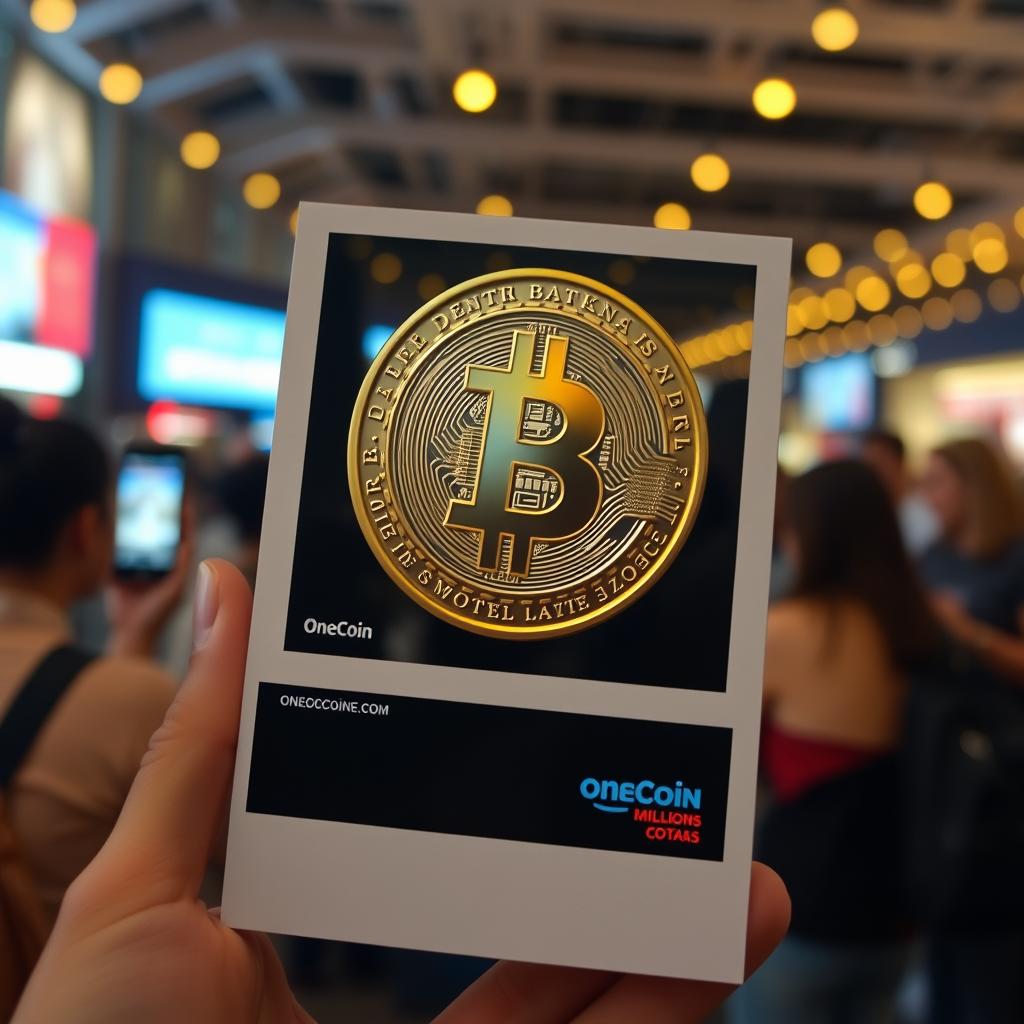BTC
$0.00
0.00%

The world of big finance and modern technology always attracts the attention of serious investors and serious fraudsters. Even Singapore faces cases of fraud. Switzerland, the UAE and Portugal can guarantee the security of cryptocurrency transactions. But there are well-known offshore economic zones where crypto companies that may be fraudulent are registered. The British Virgin Islands and the Cayman Islands are no exception, etc.
Everyone remembers how the OneCoin project appeared in 2014. The project presented itself as the next generation of digital assets and promised a revolution in the cryptocurrency space, but it became one of the largest fraudulent schemes in history. OneCoin operated without a transparent blockchain and without confirmation of real transactions. That is, according to the classic Ponzi model, where profits were paid not for real investments, but at the expense of new participants.
An eyewitness to the events claimed that they could not publicly disclose how Oxford University graduate Ruja Ignatova convinced millions of people to invest in OneCoin by promising huge profits. She was believed not only because she had a successful career in finance and was born in Bulgaria but grew up in Germany. She created a skilful and well-disguised investment scam in the cryptocurrency world: without the digital record that underpins legitimate cryptocurrencies such as BTC. When investigators from Germany and the United States took up Ignatova's case, more than $4 billion had already been stolen, and she herself had flown from Sofia to Athens on a Ryanair flight. She has not been seen since.
What went unnoticed was that at the same time, the Department of International Police Cooperation exposed a man who hacked into the accounts of many international companies in Europe and gained access to more than 5,000 customer accounts of international hosting companies. These are companies that provide server rental services.
A native of Poltava, he found weaknesses in the security of various international companies and gained access to servers in Ukraine, the United States, and EU countries. The smart guy had numerous accounts on special forums and authorisation data for email accounts.
From his own crypto wallets, which stored the generated cryptocurrency, he partially invested in software (scripts) for setting up, launching, and managing cryptocurrency mining. He updated specialised software for collecting information and remote control of office equipment, including the use of AI.
The world of big finance and cutting-edge technology always attracts the attention of both serious investors and serious fraudsters.